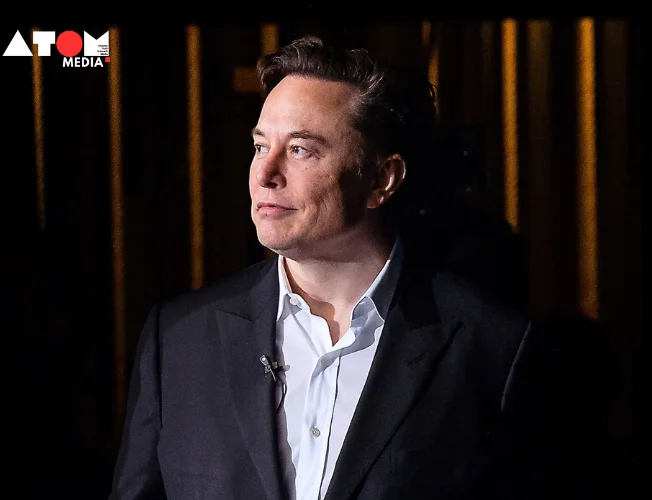When Elon Musk touches down in India later this month to unveil his plans for investing in electric vehicles (EVs), he’ll be met with both anticipation and caution. As the CEO of Tesla, Musk is no stranger to navigating challenges, but his entry into the Indian market presents a unique set of opportunities and hurdles.
Opportunities Abound, but Red Flags Lurk
For Musk, India represents more than just another market; it’s a crucial piece of the puzzle in Tesla’s global expansion strategy. However, amidst pressures in China and disruptions in the tech landscape, Musk faces a delicate balancing act as he seeks to capitalize on India’s potential while mitigating risks.
India’s EV Ambitions and Tesla’s Role
India’s ambitions to become a hub for electric vehicles align perfectly with Tesla’s vision of revolutionizing the automotive industry. The government’s recent policy revisions, aimed at incentivizing EV manufacturers, signal a welcoming stance towards Tesla’s entry into the market. By offering import duty cuts in exchange for substantial investments, India hopes to leverage Tesla’s expertise to bolster its own electric vehicle ecosystem.
Key Issues on the Table
As Musk prepares to engage in discussions with Indian authorities, several critical issues will shape the dialogue. India’s revised EV policy, which includes significant import duty cuts for manufacturers committing to local production, reflects a strategic shift to attract Tesla. However, questions linger about the long-term implications of such concessions and the extent to which Tesla will adhere to localization targets. The waiver of import duties for high-end electric cars raises concerns about equity and market segmentation. While Tesla stands to benefit from these incentives, there’s a need to ensure that the subsidy structure aligns with broader objectives of promoting sustainable mobility. The global EV landscape is undergoing rapid transformation, with Tesla facing increased competition from Chinese counterparts and grappling with overcapacity issues. As demand for EVs fluctuates, Tesla must navigate evolving market dynamics to maintain its competitive edge.
Challenges Ahead for Tesla
Despite Tesla’s formidable reputation, several challenges loom on the horizon. Tesla’s current lineup lacks a mass-market, entry-level offering, limiting its appeal to a broader segment of consumers. Musk’s vision of democratizing electric mobility hinges on the successful development of more affordable models. Chinese EV manufacturers are closing the gap with Tesla, capitalizing on their agility and innovation to capture market share. As local players gain traction, Tesla must innovate continuously to stay ahead of the curve. Tesla’s proprietary charging network, once a major differentiator, now faces pressure to accommodate other electric vehicle models. Adapting to regulatory requirements and expanding charging infrastructure will be critical for Tesla’s long-term success.
Navigating the Road Ahead
As Musk embarks on his journey in India, strategic decisions will shape Tesla’s trajectory in the market. By forging partnerships, embracing innovation, and aligning with India’s electrification goals, Tesla can position itself as a key player in the country’s EV revolution.
Elon Musk’s visit to India represents a pivotal moment for Tesla and the Indian automotive industry. While challenges abound, the potential for collaboration and innovation holds promise for a brighter, more sustainable future. As Musk navigates the complexities of the Indian market, the world watches eagerly to see how Tesla’s story unfolds on Indian soil.
Read more: Marketing News, Advertising News, PR and Finance News, Digital News





